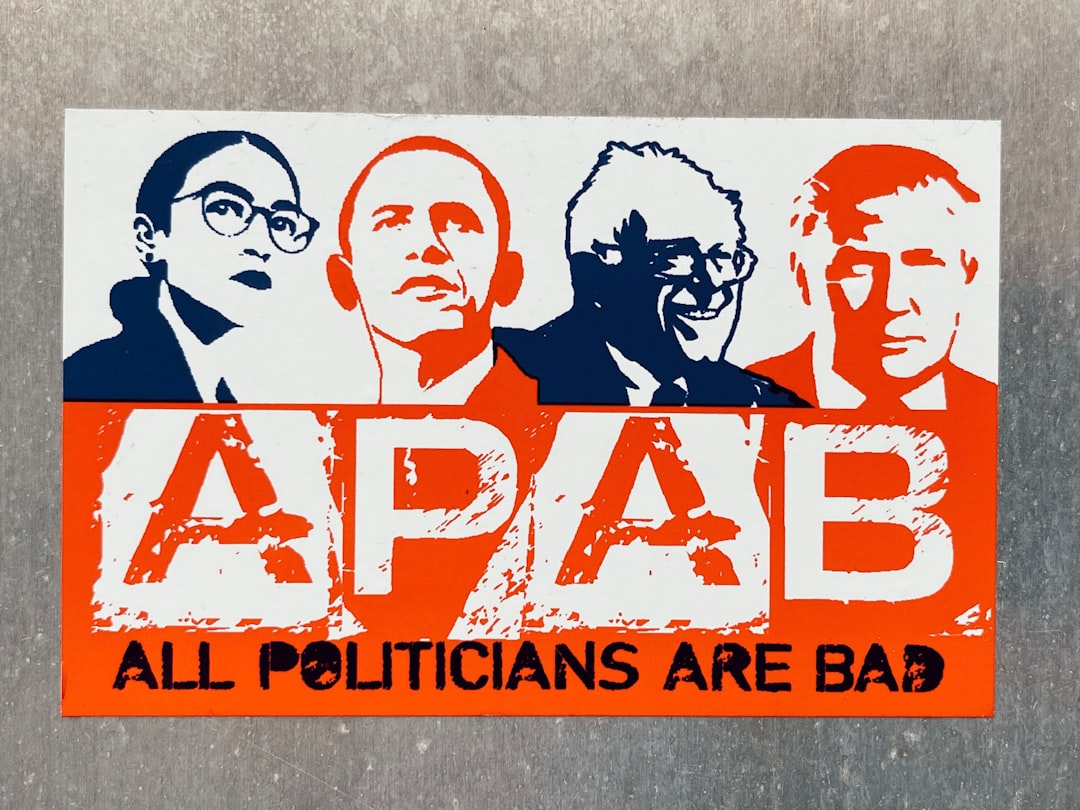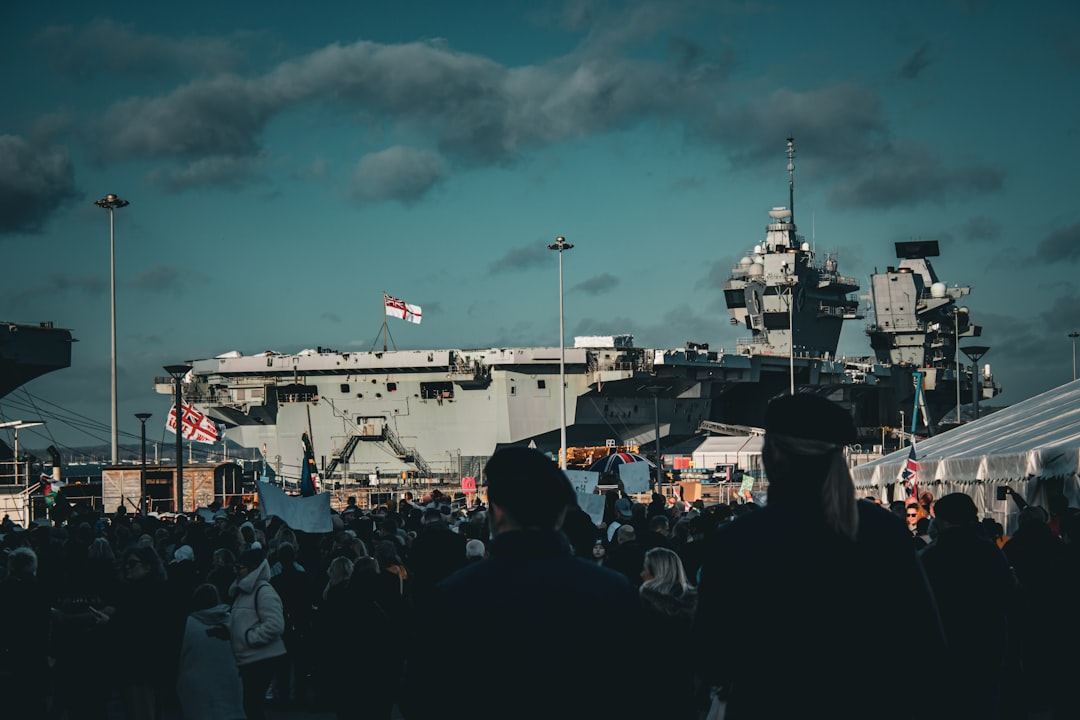Grounded: Why Trump Just Blocked Taiwan's President From Landing in the US

In a dramatic diplomatic maneuver sending ripples across the Pacific, Taiwanese President Lai Ching-te has unexpectedly canceled a major overseas trip that was set to include two crucial stopovers on American soil. While the official story points to domestic crises, sources reveal the true reason is a stunning rejection from the Trump administration, fearful of upsetting Beijing.
The Official Story vs. The Real Story
Publicly, President Lai’s office announced on Monday that he would remain in Taiwan to oversee recovery efforts from a recent typhoon and to focus on sensitive tariff negotiations with the United States. They flatly stated he had no current travel plans.
However, behind the scenes, a different narrative has emerged. According to individuals familiar with the sensitive planning, the trip was thrown into disarray late last week when Taiwanese officials failed to secure the necessary approval from their U.S. counterparts for the stopovers. The White House, it appears, was unwilling to give the green light.
A High-Stakes Game with China
The American hesitation is reportedly rooted in President Trump's high-stakes pursuit of a summit with Chinese President Xi Jinping. With fragile trade talks at a critical juncture, the administration is wary of any action that could be perceived as a provocation by China, which views Taiwan as a breakaway province. A visit by the Taiwanese president, even an unofficial stopover, would have undoubtedly angered Beijing and could have jeopardized the delicate negotiations.
A Scuttled Itinerary
The now-scuttled trip, which was never publicly confirmed but had been previously reported, was meticulously planned. President Lai had intended to land in New York on August 4th before heading to visit diplomatic allies Paraguay, Guatemala, and Belize. He was then scheduled to make a second U.S. stop in Dallas on his return journey ten days later.
This cancellation highlights the precarious position of Taiwan, caught between its reliance on U.S. support and the geopolitical priorities of Washington's relationship with Beijing. For now, President Lai remains grounded, a casualty of a superpower chess match where his visit became a risk the Trump administration was unwilling to take.

